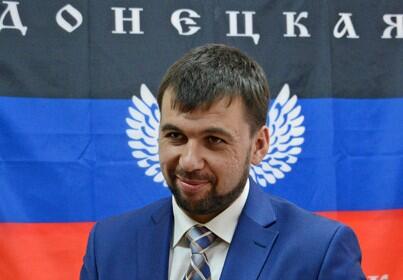A Radio Svoboda listener asked me how Russia differs from Ukraine. The answer was self-evident -- by the freedom to choose. And on the eve of presidential elections in both countries, this fact looks absolutely obvious.
There is still a year before elections for the president of Ukraine. But even one week before these elections, no one will tell you the name of the winner. This is what happened if not in 1991, then certainly in the 1994 elections. My article on the eve of those elections was titled "After the victory of Leonid K." There was no doubt that the new president would be Leonid K. But it was unclear which one exactly -- Kravchuk or Kuchma.
Now, as well, the winner will be determined in a serious political struggle. And every voter will be making his own decision. Attempts to falsify the voting -- as in 2004 -- or to usurp power after the election victory -- as after 2010 -- lead to serious political crises and genuine uprisings. And the idea that there is no alternative to elections remains unquestioned.
Ukraine has become democratic
In Russia the name of the winner of the elections is known. And it depends solely on the wishes of the ruler. If Putin want to be president, he will be. If he does not want to be president, he will propose another candidate and he, too, will be elected. And this does not even depend on the popularity of the president but on the strength of the state machine. Boris Yeltsin's approval rating in 1999 was only a few percent. However, Russia's residents voted for the completely unknown successor that he proposed. The last realistic presidential elections were held in Russia still in 1996, when Yeltsin's opponent was the Communist leader Gennady Zyuganov. Generations of people have grown up in that country who simply do not understand what an alternative is. Moreover, even during Soviet times there was no alternative.
However, despite the negative Soviet experience, Ukrainians have rapidly come to understand that the essence of democracy is the right of everyone to his own choice. It is true that Ukrainian society is still tragically lacking in responsibility for its own decisions. But this is the next and much longer stage in the establishment of a democratic state. However, Ukraine's neighbors in the former USSR, the residents of Russia, Belarus, and Kazakhstan, have not succeeded in imagining their own right to choose. Each one of these countries remains in the possession of a permanent ruler. Ukraine is the only one of the larger former Soviet republics that has succeeded in becoming a democratic state. And in this uniqueness lies its main difference from Russia.




